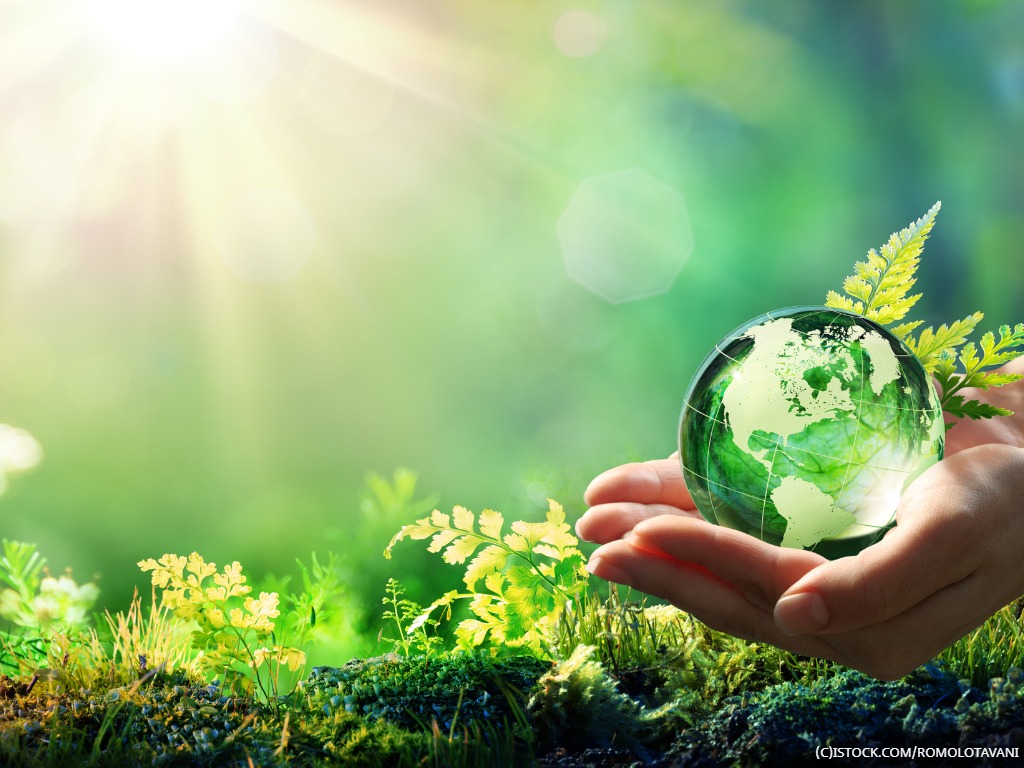
Meaningful beauty purchases are increasingly driven by how eco-friendly a product is, with shoppers also embracing new technology to choose the products that fit their needs and wants.
Yet despite this, a new BBC3 documentary, Beauty Laid Bare, will reveal how little plastic is actually recycled. The three-part documentary follows four people in their 20s for two weeks across America investigating the secrets of the multi-billion dollar beauty industry and shows how it is one of the worst contributors to un-recyclable plastic.
Our research, conducted through Global Web Index (GWI) in 2019 shows that while price remains overwhelmingly the main driver for purchases, consumers want more action on eco and ethical issues.
They are making meaningful choices based on three main things: sustainability, suitability and inclusion. They are also embracing new technologies such as augmented reality and mobile apps to help them make those choices.
The survey of 4,487 female internet users aged between 16-64 in eight key markets, including the UK, showed that almost half, 43%, would pay more if packaging was environmentally friendly. Around two-thirds, 67%, think that packaging should be environmentally friendly, and 56% would pay more if the products were made with natural /organic ingredients.
Suitability is essential – testing and researching is vital for today’s buyer. The ability to see, touch and feel products ranks highest among the reasons consumers choose to purchase a product alongside finding the right product. Finally, consumers are yearning for a wider assortment of products to allow them to express themselves and their values.
Little wonder that forward-looking brands are responding to this growing consumer demand for conscious capitalism: a trend we expect to continue as consumers demand more suitable and sympathetic solutions in every area of their lives.
Excess and non-recyclable plastic packaging are among the biggest issues in sustainable beauty, with the European Union non-governmental organisation Zero Waste Europe reporting in 2018 that more than 120 billion units of packaging are produced in the global cosmetics industry annually.
L’Oreal has publicly committed to 100% eco-friendly packaging by 2025 and Lush is pioneering the movement for zero packaging by making products in solid form. Others are working to decrease their carbon footprint and innovating both the products they sell and the supply chains themselves.
This year, Procter & Gamble will launch a hair care line called Waterless in the US. It was initially designed to encourage water conservation in Cape Town, South Africa, in order to help prepare residents for ‘day zero’, when water sources dry up and rationing begins.
Retailers, too, are adapting to and even helping drive the rise of conscious capitalism, with this year Net-a-Porter launching a shoppable section dedicated to sustainable beauty and skincare products, in addition to its ethical edits of clothing introduced last year.
It says NET SUSTAIN “celebrates the brands that place sustainability at the heart of their business mission” and will help customers to make informed decisions that align with their values.
It is a canny move for the luxury retailer, with our research suggesting that consumers are increasingly choosing such products not because they have to, but because they want to. And while in-store purchases dominate, their path to purchase is often via online advertising, articles and (to a lesser degree) influencers.
Of real interest to brands seeking to take advantage of these changing behaviours is how they reach this receptive audience. Some 33% of UK beauty skincare users (and 43% worldwide) are influenced by beauty of skincare articles or advertising within the articles.
Almost two-thirds (64%) of beauty consumers take action after seeing a beauty/skincare video advert, such as searching for more information, or visiting the brand’s website. However, only 8% of UK beauty consumers discover new beauty/skincare products through social media influencers, compared with 17% around the world.
New technology is nudging consumers along their path to purchase. Almost a quarter, 24%, think new tech can save them time; 15% save them money and 17% believe that it’s less stressful than a face-to-face consultation – just 8% would prefer the in person option.
Brands should think about investing in such digital tools, with 43% of those polled using mobile apps for activities such as checking reviews (30%), adding filters for selfies (23%) and checking product/skin suitability (18%). Some 14% try on make-up virtually, rising to 26% for Millennials. In fact, augmented reality is the most highly considered new technology across all consumers with 66% saying they would like to try this technology in the future, though 41% still have some questions. Younger audiences and high earners are particularly keen on new technologies, but also need more information before fully embracing them.
This suggests that, despite a rising trend to using influencers to help communicate a brand’s products, ethos and values, there is still considerable (and considerably more) importance attached to the messages a brand communicates itself or through trusted editorial outlets.
With consumers actively seeking out further information to validate and justify their beauty choices, brands who put sustainability at the core of their efforts and communicate this honestly and transparently will be well placed to take advantage of the move towards more ‘meaningful’ living. In other words, beauty companies’ words and actions must be more than skin deep.
 Interested in hearing leading global brands discuss subjects like this in person?
Interested in hearing leading global brands discuss subjects like this in person?
Find out more about Digital Marketing World Forum (#DMWF) Europe, London, North America, and Singapore.







Nice article you have made here, It’s an informative and interesting post, keep it up.
Thanks a lot .Its a use full article for everyone
Thank you for this helpful article.
Regards